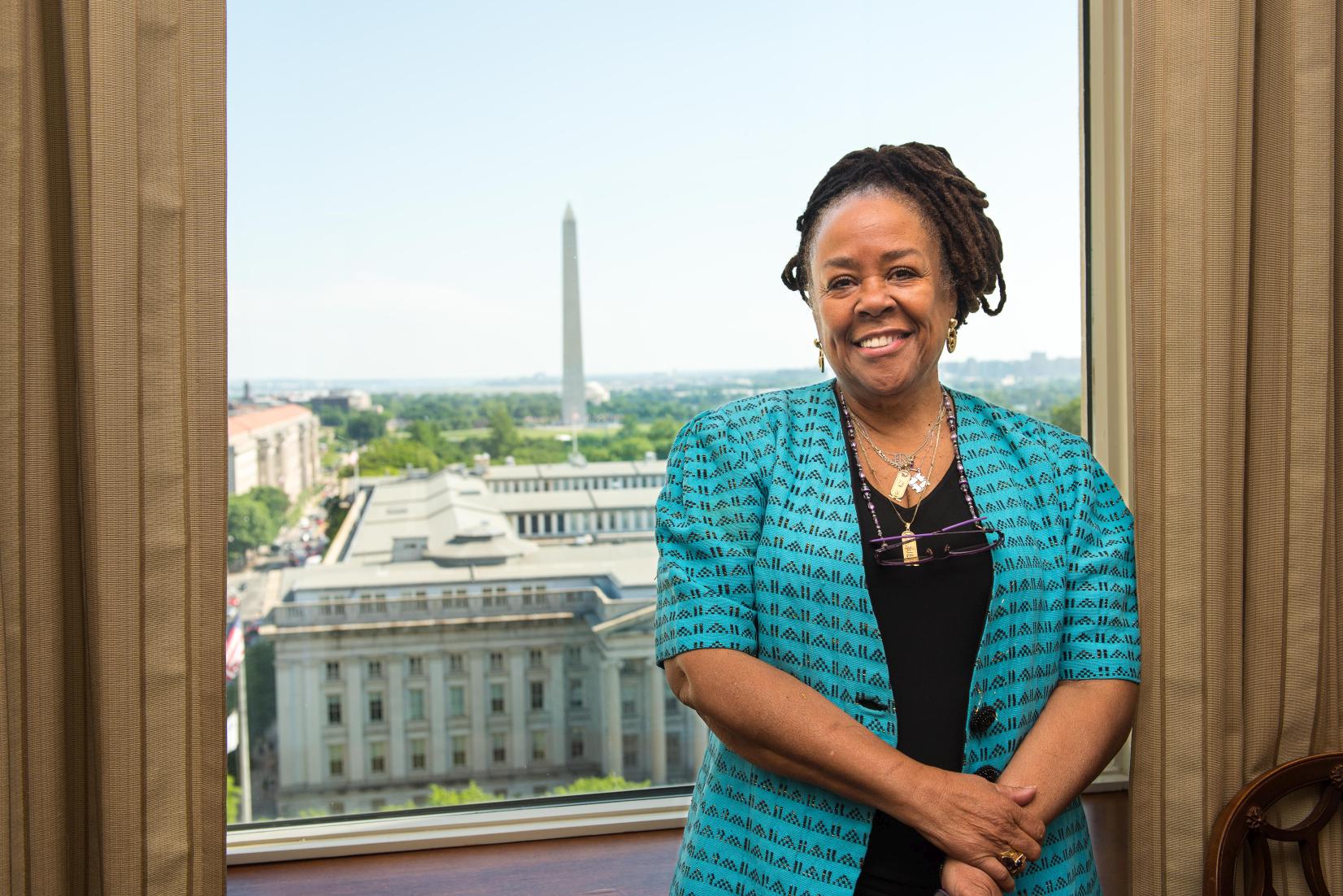Taking Accountability to New Heights
(As we prepare for our 2017 School Quality Reports release on November 8th, we’re taking the week to celebrate accountability in education. We are publishing thoughts from parents, school leaders, and education stakeholders as they explain why accountability matters in education. The first blog in our series was written by Jo Baker and the second by Patricia A. Brantley. The following was authored by Ramona H. Edelin, Ph.D. Executive Director, DC Association of Chartered Public Schools.)
Accountability is of great importance to public charter school leaders. It is reckoning, validation, proof. Leaders accept being held accountable for outcomes they’ve agreed to, in exchange for the freedom to pursue those outcomes as they see fit. Schools’ reputations, their attractiveness to families and students, and their shield against political intrusion, depend upon the perceived strength of the standards of accountability against which they are measured.
However, there are at least two kinds of accountability: external judgments imposed from outside the school; and intrinsic goals that reflect the aspirations, vision, and mission of the school leaders and their teams. External judgments may grow out of federal or state law governing public education, the preferences of private funders, and/or the mandates of authorizers. Intrinsic goals grow out of the bright vision because of which the school was founded.
These aspirational motivations ask such questions as: Who are we, and what kind of learning environment do we want to be; are we achieving what we set out to be and do for each student; does each member of this team share this vision and seek to fulfill it; and how do we continuously improve so that we achieve the goals we have set for ourselves?
It is possible, and indeed it often happens, that schools accomplish external accountability measures without accomplishing their own intrinsic goals; but when this happens, the tremendous promise of public charter schools is compromised if not squandered.
Let us work toward the alignment of the required and the desired, and take accountability to new heights!
- Ramona H. Edelin

Other Accountability Blogs
- Why Accountability in Education Matters
- Accountability is a Promise We Must Keep
- Accountability: It Takes a Village
Our Social Media
Blog by Ramona H. Edelin, Ph.D. Executive Director, DC Association of Chartered Public Schools